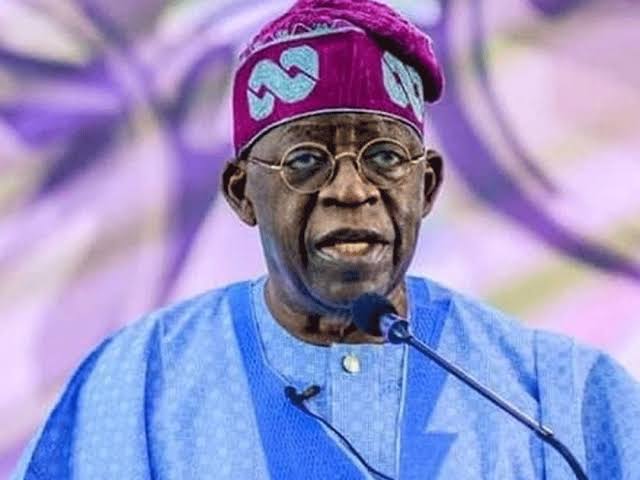By Stellamaries Amuwa, Abuja
Over 40 CSO’s have expressed deep concern and condemnation of the recent actions of some state governors targeted at the Economic and Financial Crimes Commission (EFCC), Nigerian Financial Intelligence Unit (NFIU), and by implications other anti-corruption agencies (ACAs) in the country such as the Independent Corrupt Practices and Other Related Offences Commission (ICPC), the Code of Conduct Bureau (CCB), and key law enforcement agencies (LEAs) like the Nigeria Police Force.
This was made known at a press conference organised by Coalition of Civil Society Organisations working on anti corruption and good governance in Nigeria.
Speaking during the press conference which held in Abuja, the Executive Director of the Civil Society Legislative Advocacy Centre (CISLAC), Auwal Ibrahim Musa (Rafsanjani), condemned the recent actions of certain state governors.
He highlighted the suit reportedly filed by 16 governors at the Supreme Court, seeking to declare the EFCC and NFIU illegal and strip them of their powers at the state level.
“Under the guise of legal technicalities, these governors are challenging the legality of the EFCC, a body that has effectively operated for over 20 years under Nigerian law. Their actions undermine the fight against corruption and send a dangerous message that accountability can be subverted for political gain.
The consolidated suit, scheduled for hearing on October 22, 2024, seeks a declaration that the Federal Government, through the EFCC and NFIU, lacks the authority to issue directives or investigate state or local government funds. The governors argue that the EFCC Act did not receive concurrence from state Houses of Assembly, citing Section 12 of the 1999 Constitution about treaties.
Meanwhile, Rafsanjani emphasised that the EFCC Act is not a treaty but a Nigerian law to combat corruption. He also warned of the international consequences of this action, stating that it could lead to Nigeria being blacklisted by the Financial Action Task Force (FATF), which has already grey-listed the country for non-cooperation in the global fight against money laundering.
The CSOs condemned these attempts to weaken anti-corruption agencies. They urged the Federal Government to strengthen bodies like the EFCC, ICPC, and CCB by ensuring their independence and providing necessary resources. They called on all arms of government, including the Judiciary and National Assembly, to join the fight against corruption to benefit all Nigerians.
Similarly, Samson Itodo, Executive Director of YIAGA Africa, stated that, “A nation without accountability is on the path to moral and economic decay. We must all stand united in defending the work of the EFCC, ICPC, and other agencies tasked with safeguarding public funds.” The CSOs urged Nigerian citizens to remain vigilant, hold public officials accountable, and resist any attempts to weaken the institutions that safeguard democracy and the rule of law.



